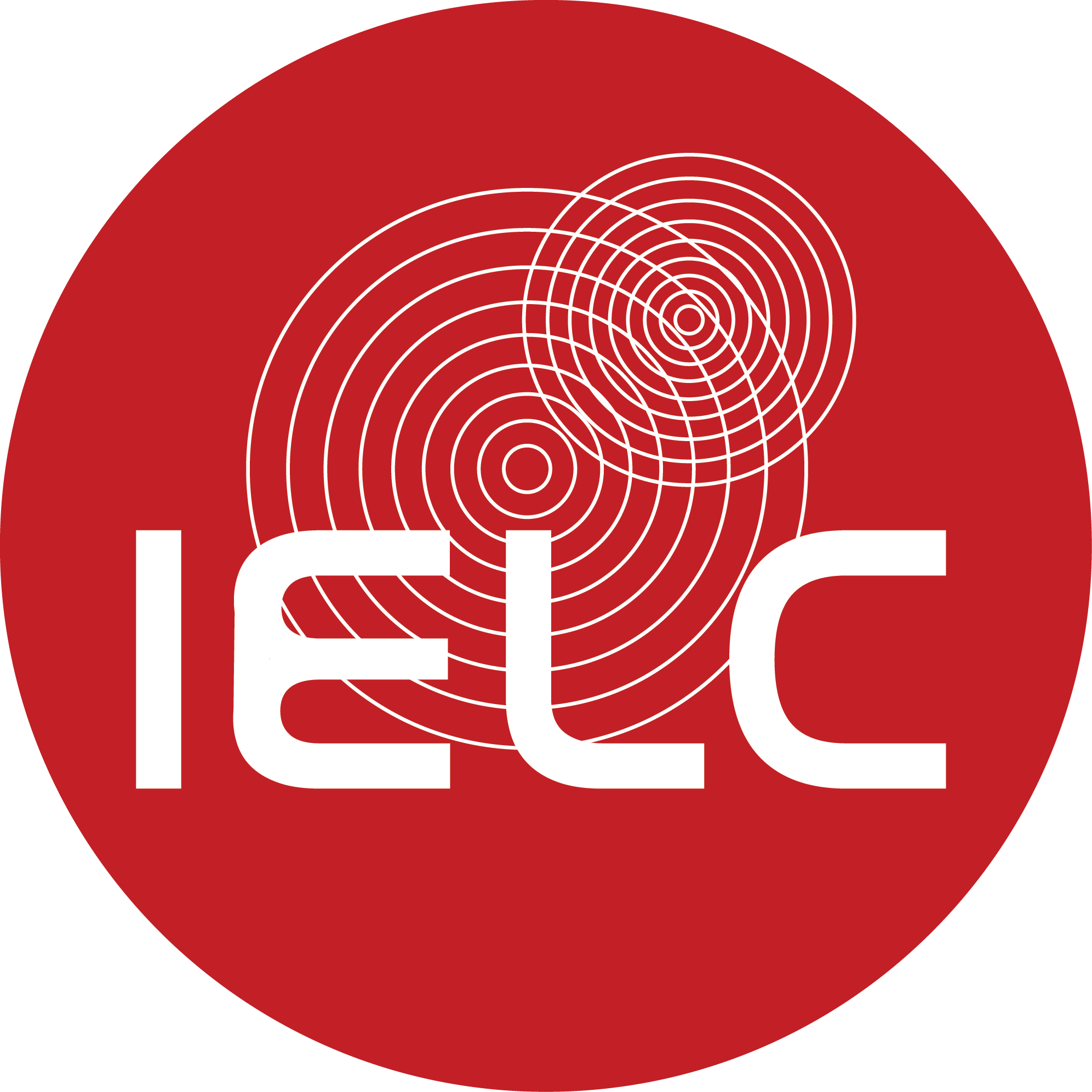|
|
Description Despite abundant research on early childhood education, the features and results of effective teaching in early childhood education are inconclusive. This study will adopt an educational effectiveness framework to explore factors at the classroom, school and system levels, but with a focus on the classroom. Situating the research in two very different social and cultural contexts, Hong Kong with a common teacher-directed, academic-focused pedagogy and Finland with a standard child-initiated, play-based pedagogy, this study aims to examine the impact of effective teaching of contrastive pedagogical practices on children’s different learning outcomes (e.g., pre-academic learning vs self-regulation). As teaching effects on children are gradual, without the knowledge of children learning from their entry to exit at kindergartens, understanding how different varied teaching qualities and paths can affect learning outcomes is impossible. We theorise that teacher-child interaction quality, rather than specific pedagogy, benefits children more. Pedagogies have differential benefits on different specific learning outcomes. Thus, in Finland there will be more plays than instructions to support socialisation with peers, more free than teacher-guided plays to promote self-exploration, and more one-to-one than one-to-many teacher-child interactions to obtain individualised feedback from teachers. All these might help Finnish children to develop stronger self-regulation, self-awareness and better self-care. In contrast, if Hong Kong teachers are supportive and able to make reading and counting activities more closely connected to the primary school curriculum with unambiguous seatwork set with a cognitive challenge that children find interesting, then children are prepared better for primary education. This mixed-method study will characterise the impact of effective teaching from 808 children and 444 teachers from 74 kindergartens in Hong Kong and Finland. Kindergartens will be purposively selected for comparing the role of contrastive pedagogies. For generating reliable measures, two researchers will visit kindergartens twice in each school term to concurrently conduct one teaching observation, focusing on effective features of effective teaching in teacher-child interactions and two 20-minute observations on the class involvement of each participating child. Learning outcomes, including self-regulation, class involvement, social orientation, personal, social and self-care, and pre-academic learning will be assessed annually. Interviews of two highly effective teachers and their colleagues will be used to explore how contextual and school factors facilitate effective teaching. Multilevel and structural equational models and interviews will be analysed initially separately and then synthesised to test hypotheses. The timely findings will inform policymakers and practitioners the differential significance of effective teaching on child development. Objectives
Expected outcomes
Theory After completing this project, we expect to have uncovered how effective teaching exerts differential and gradual influences on children learning in the classroom and understood how highly effective teachers develop their resilience under the influences of contextual and school factors. Previous research focused on some particular pedagogical approach (play-based or academically-focused, fewer observations (once or twice), selective observation focus (teacher or children), or selective methodology (quantitative or qualitative). This study will fill these knowledge gaps by examining the growth of young children in three years at kindergarten. Measures on various learning outcomes are broadened to cover various aspects of early child development, which appeal to both Finnish (e.g., self-regulation) and Hong Kong (e.g., pre-academic learning) teachers and parents. Following the research trend to provide evidence on a broader range of activities in kindergartens, the proposed study will collect data more frequently (four times) and on both teacher (i.e., observing teaching behaviours) and children (i.e., class involvement). Practice Despite its significance in informing policies and practises, longitudinal research on early childhood development is rare in both Finland and Hong Kong. The Finnish part of this study is expected to have a broad impact because the data will be selected from the database of an ongoing national professional development project on children observation led by Dr Jyrki Reunamo, one of the Co-Investigators of this project. Our proprietary mobile app for observing child involvement will benefit both the Finnish and Hong Kong teachers and enhance their efficiency in collecting data on children in their daily activities and preparing the portfolios of children. Thus, given that similar excellent results were found between Hong Kong and Finland in the OECD Programme for International Student Assessment (PISA) (OECD, 2014; 2016), this proposed project can provide valuable data for policy comparison and practical knowledge on the applications of diverse ECE curricula and pedagogies. |
|---|



